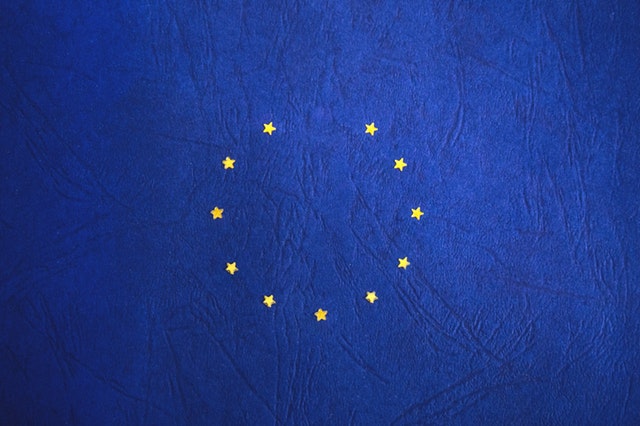The European Commission presented its plans for a digital single market earlier today. The communication contains a set of measures, or rather several sets of measures, aimed at enhancing the European digital economy. The measures have an enormous scope, and it’s easy to see why. All sectors will increasingly be required to sell their products and services online as well. The ultimate goal is to ensure that Europe maintains its position as a world leader in the digital economy.
The underlying strategy will be built on three pillars:
1. better access for consumers and businesses to online goods and services across Europe;
2. creating the right conditions for digital networks and services to flourish; and
3. maximising the growth potential of the European digital economy.
What can we expect?
The Commission initiates a total of 16 actions in these three pillars that it aims to have addressed by the end of 2016. The following measures are of particular relevance to our TMC practice:
– legislative proposals for simple and effective cross-border contract rules
– legislative proposals to tackle unjustified geo-blocking
– legislative proposals for a reform of the copyright regime
– legislative proposals to reform the current telecoms rules
– a review of the e-Privacy Directive
– initiatives on the free flow of data and on a European cloud
The action list represents a seriously ambitious project and it is therefore unlikely that the desired reforms will be carried out without any opposition. The stakes are extremely high, especially when it comes to modernising the copyright regime and eradicating geo-blocking. Andrus Ansip, European Commissioner for the Digital Single Market, is nevertheless quite decisive, particularly about geo-blocking, having said that “deep in my heart, I hate geo-blocking” and “we know that geo-blocking problem is big. It is the main obstacle”.
Naturally, we will keep the regular readers of this blog posted on the progress made towards a connected digital single market.




